With four generations in the work force, it is important that everyone understands the challenges of working together and how we are all motivated differently.
With Baby Boomers working past the typical retirement age and Millennials and Gen Z’s continually entering the work force, the differences in communication and values are becoming much more apparent.
Here is a summary of the four generations in today’s workforce:
Baby Boomers: Mid 1940’s – Mid 1960’s (generally ending 1964)
Baby Boomers are hardworking, competitive and can be considered workaholics. They often define themselves by their professional accomplishments, work ethic and compensation achieved.
Gen X: Mid 1960’s to Early 1980’s
Gen Xers shifted to a work/life balance view, are technologically adept and tend to be less loyal to one employer. They saw their parents go through hard-economic times and lose hard earned positions, which resulted in a more independent focus. Gen Xers are typically resourceful and self-sufficient in the workforce.
Millennials: Early 1980’s to Early 2000’s
The largest living generation and fastest growing workforce. They grew up with technology from a young age and communicate through text/email, social media. Millennials were raised by “helicopter” parents and are used to an abundance of attention and praise. They want flexible schedules and prioritize family over work. You will see they aren’t afraid to job hop to find what fits them best.
Gen Z: Mid 1990’s to Mid 2000’s (generally ending 2010)
The oldest in this generation are just starting to enter the workforce. This is the first generation to have widespread access to the internet and smartphones from an early age. They use technology different than Millennials (prefer text vs email, smartphones over laptops). Gen Z’s are self-directed, independent and competitive. The constant use of technology has created a need for them to learn better communication skills, help resolving conflicts and a more professional demeanor in the workplace. The good news is most desire the guidance and leadership training they are in need of.
Tips on managing:
Avoid stereotyping. One of the biggest reasons that professionals don’t work well together is preconceived notions on how members of different generations act in the work place. While there are similar traits for each generation, we need to remember to get to know each individual and not make assumptions. As a manager, it is important to keep these stereotypes out of the work place. Take the time to get to know your employees. For example, is Sally, a millennial, really entitled or does she just want to be commended for the work she has done? Is she motivated by hearing she has done a good job and will keep working hard on her next task?
Does John not understand technology and shy away from communicating through text and email or does he just need you to show him some guidance? Chances are, John will get the hang of it if you train and empower him to solve issues and equip him with the right tools to complete his job.
Seek out common ground. When there is a common goal that employees are working towards, they will be motivated to work together. Think about how the task or project will have a positive effect on the company or community and how that affects each team member. Employees will come together for a common goal, regardless of their age or personality type.
Create teams that highlight individual strengths. To do this, you must know your employees. Each person contributes something they excel at and is meaningful to them. For example, a baby boomer may be better at client relationships and be more formal at face to face meetings, while Millennials or Gen Z’s may be better at creating the media used in that meeting (social media, power points, etc.). All the while, each generation will learn from the other while working as a team.
Motivate and support. You must do this for both your teams and individuals. One on one meetings with employees will help you understand what motives them. While Gen Xers and Baby Boomers may focus more on post-retirement benefits, Millennials and Gen Z’s may look at immediate benefits, such as help with student loan payments, health care, child care benefits, etc.
The one take away that will help you manage your team? Get to know each individual and appreciate what each can bring to the table!




